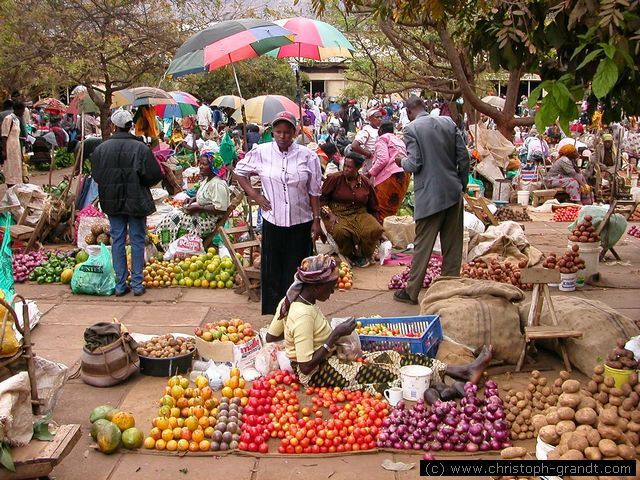Decline in commodity prices, especially food and fuel, has helped Uganda to register the lowest inflation rate in the last 15 months.
The Uganda Bureau of Statistics (Ubos) said on Monday that the country’s annual headline inflation, which includes items in the Consumer Price Index (CPI), declined to 3.9 percent over the last 12 months compared to 4.9 percent in the previous year due to a decline in the wide range of commodity prices.
This is the lowest inflation rate Uganda has registered since February 2022 when the country registered annual inflation of 3.1 percent.
Ubos said during the same period, the annual core inflation over the last 12 months, which excludes volatile items such as energy, fuel from the CPI slowed down to 3.8 percent in July compared to 4.8 percent registered in the year that ended in June. This is also the lowest level since April 2022 when it was 4.3 percent.
The current level of both the annual headline and annual core inflation are below the Bank of Uganda (BoU) Policy target of controlling Uganda’s inflation at five percent.
A researcher at Economic Policy Research Centre, Paul Lakumu, said, “It is a good sign that Uganda’s economy is recovering from the shocks of Covid-19 pandemic supply chain disruption, and the global economic shocks from Russia Ukraine.”
In the calculation of inflation, food takes 60 percent in the calculation of inflation, while energy petrol takes 20 percent, so once the prices of these items fall it leads to a decline in the inflation levels.
“Fuel, petrol and diesel is in the range of 4,800 to 4,900 compared to 6,000 to 7,000 six months back. The food prices have also come down although not the manufactured goods,” Lakumu said.
While presenting the Consumer Price Index for the year ending July in Kampala yesterday, the Director of economic statistics at Ubos, Ms Aliziki Kaudha Lubega, said the main drivers in the decline to inflation were maize flour, cassava flour, rice and live chicken prices that have all registered a drop.
Aliziki said the other driver to the slowdown in annual inflation was the annual food crops and related items inflation that registered 9.3 percent in the year ending July 2023 compared to 12.3 percent registered in the year that ended June 2023.
She added that the services inflation declined to 2.5 percent in the year ending July 2023compared to 3.3 percent registered in the year ended June 2023.
“This is attributed to annual passenger transport services inflation that decelerated to negative 7.0 percent in the year ending July 2023 compared to negative 3.9 percent registered in June 2023,” she said.
Aliziki said the annual Energy Fuel and Utilities inflation slowed down to negative 1.6 percent in the year ending July 2023 compared to negative 3.1 percent registered in the year ended June 2023.




